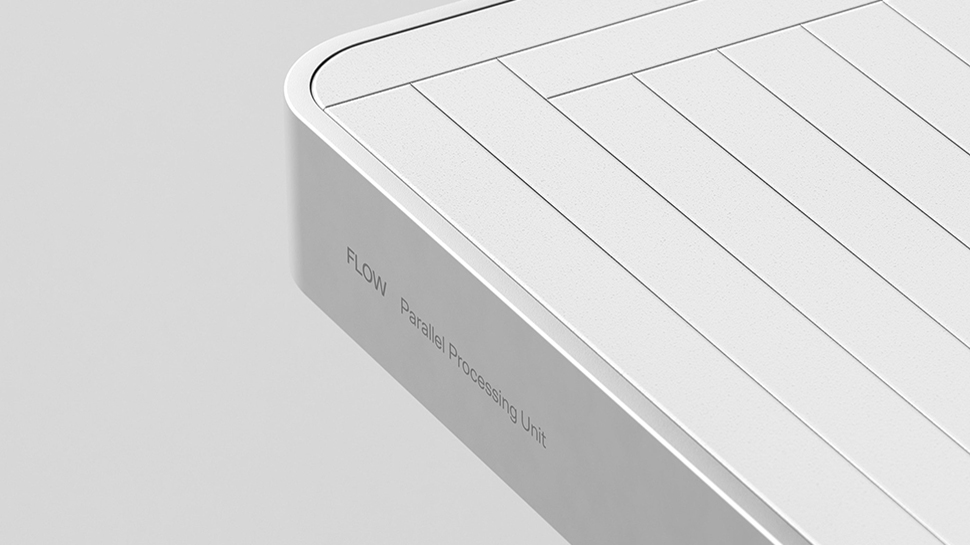'One of the wildest claims ever heard': Finnish startup says it can speed up any CPU by 100x using a tiny piece of hardware with no recoding — and it might just be true
Flow Computing's PPU optimizes CPU tasks

Finnish startup Flow Computing says it has developed a chip that can potentially double CPU performance and increase it by up to 100x with further software optimization, something TechCrunch describes “as one of the wildest claims ever heard in silicon engineering.”
This advancement, if adopted, could significantly impact the computing needs of AI technologies and autonomous vehicle systems.
Originating from Finland's VTT Technical Research Centre, Flow Computing has introduced what it calls the Parallel Processing Unit (PPU). Despite skepticism about the bold claims, Flow's co-founder and CEO, Timo Valtonen, stands by the technology's potential. "The CPU is the weakest link in computing,” he told TechCrunch. “It’s not up to its task, and this will need to change.”
Not a retroactive solution
The technology involves a companion chip that optimizes processing tasks in real-time, transforming traditional serial processing into a more parallel operation without additional power or excessive heat. This change is likened to expanding a CPU from a one-lane road to a multi-lane highway, enhancing efficiency and processing speed.
Flow's technology enhances the CPU's functionality by managing tasks at nanosecond intervals, allowing multiple processes to occur simultaneously, thereby increasing throughput without changing the CPU’s clock speed or architecture.
The adoption of this technology by chip manufacturers is crucial for its success, however. Flow’s system needs to be incorporated at the chip design stage, which could disrupt current production methods. Despite these challenges, the potential for significant performance improvements with minimal modifications could make it an attractive option for chipmakers facing increasing demands for computational power.
Flow has shown that its technology works in FPGA-based tests, and with €4 million in initial funding and the backing of several venture capital firms, it is now seeking partnerships within the industry to further develop and scale its solution.
Are you a pro? Subscribe to our newsletter
Sign up to the TechRadar Pro newsletter to get all the top news, opinion, features and guidance your business needs to succeed!
More from TechRadar Pro

Wayne Williams is a freelancer writing news for TechRadar Pro. He has been writing about computers, technology, and the web for 30 years. In that time he wrote for most of the UK’s PC magazines, and launched, edited and published a number of them too.